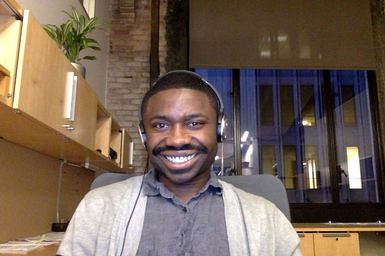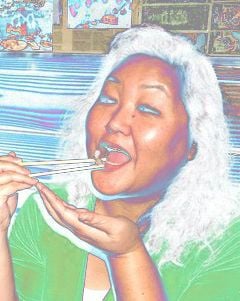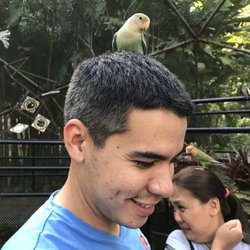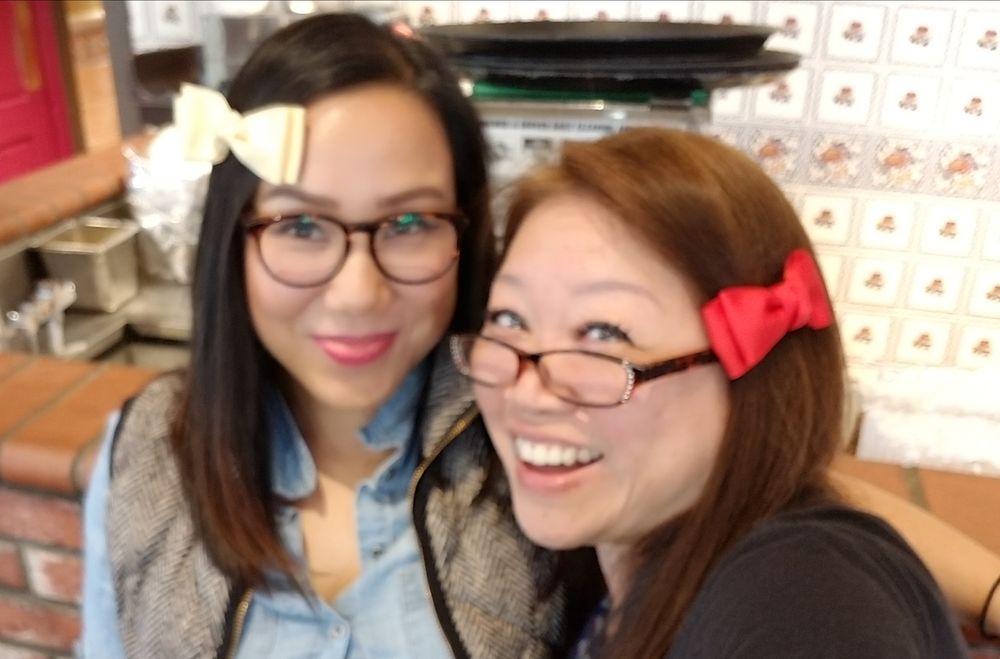Same country, different world
What is a social economic immigrant? How can someone born in a country be unaware of its social norms, cues, and customs? Where do you learn these social skills?
I was born in Washington, DC. You might be picturing the US Capitol, the White House, and the Monument. Unfortunately, I was not born in this part of DC.
Imagine a neighborhood rife with drugs and violence. As a result, social interactions were driven by people suffering from anger and depression. People were trust-averse and therefore unable to fully emotionally invest in social interactions.
I attended urban public schools until I entered the University of Maryland. Suddenly I realized my upbringing hadn’t prepared me to interact with conventional society. I was able to navigate academic and professional interactions, but socially I could be awkward.
My sophomore year, I was eating dinner with floor-mates in the cafeteria, when one of them reached over my plate to grab the salt shaker. In my old neighborhood, reaching over someone’s food is a sign of disrespect. I responded with a confrontational, “What’s up?” Everyone at the table was shocked. It was clear that I had overreacted. It did not feel good.
My sense of humor turned out to be my saving grace in college. After graduating, I interned on Capitol Hill and performed stand up comedy. I moved to Colorado to work on the Obama 2012 campaign, where I loved interacting with campaign staff, volunteers, and voters. The campaign was the first time I felt like a member of a social community, not a visitor. After helping to organize the inauguration, I moved to San Francisco.
Suddenly I couldn’t hide my social awkwardness behind politics and public policy, so I hid behind business and technology.
My professional life excelled while my social life failed and I needed to change. I researched social intelligence and discovered Jaunty and attended the free workshop. It was so great that I signed up for private coaching which was a better fit for my schedule than the six-week course.
Each session felt empowering, as Eric coached me on conversational agility, body language, and touch. Immediately, I was able to connect with people on a social level. Complete strangers from coffee shops and bookstores invited me to their parties and social events. The social dynamic of my existing relationships expanded too. I felt like a member of a community again, but my community was not limited to political thinkers.
Wanting to test my social progress, last September I traveled to Portland, OR for a week. It was a birthday gift to myself in the form of a social challenge. The goal was to visit a new city and use my social skills to find fun activities.
I spent my days approaching strangers to find the best places to eat, drink, and party. On my birthday I met some local artists in a bar who invited me to their art show. The show was a tribute to the 20th anniversary of The Notorious B.I.G.’s “Ready to Die” album. It was one of my all time favorite albums. The event was the best birthday gift and the trip was the best week of my life. I avoided social awkwardness without using politics or business talk as a crutch.
After returning from Portland, I felt like an immigrant who was awarded his green card.



